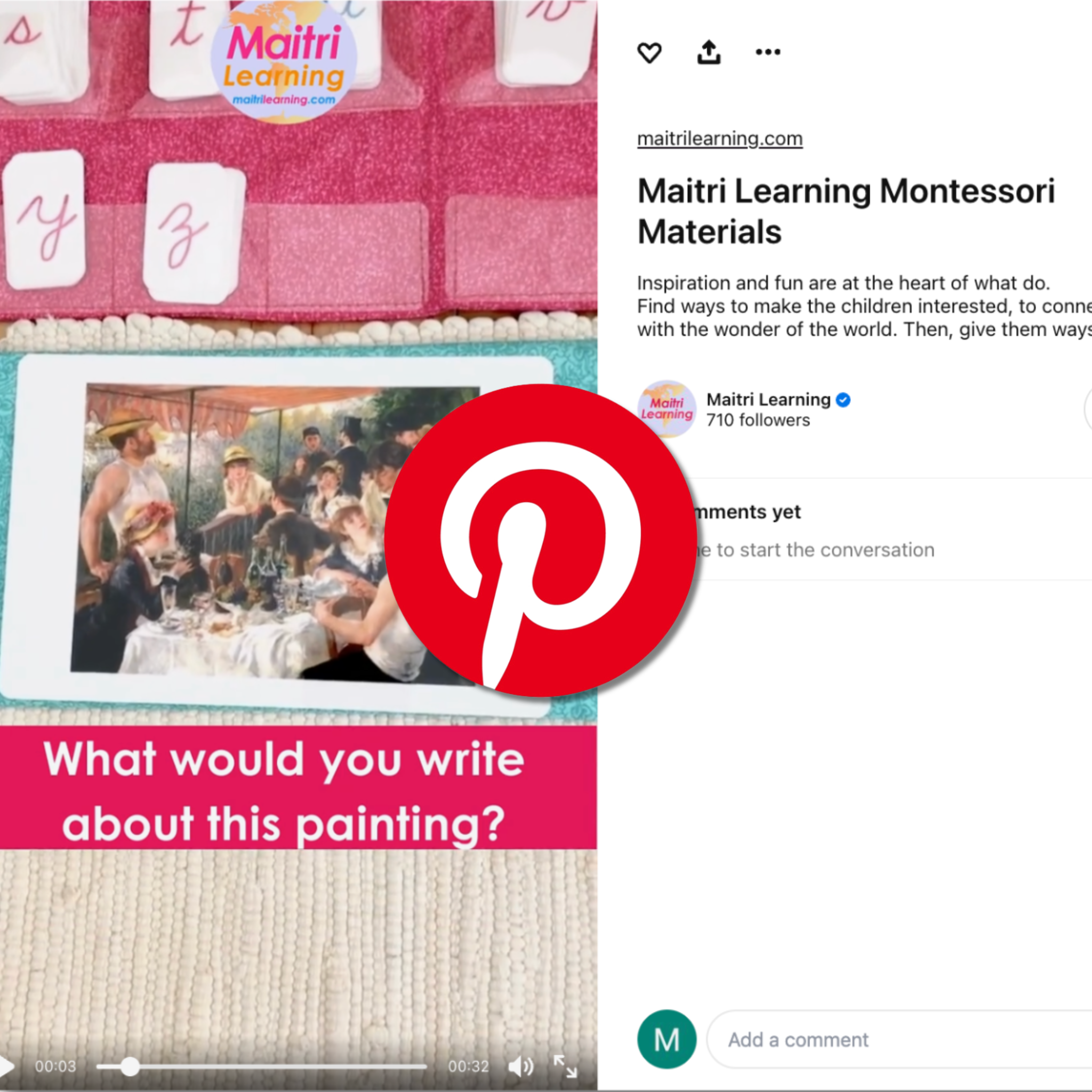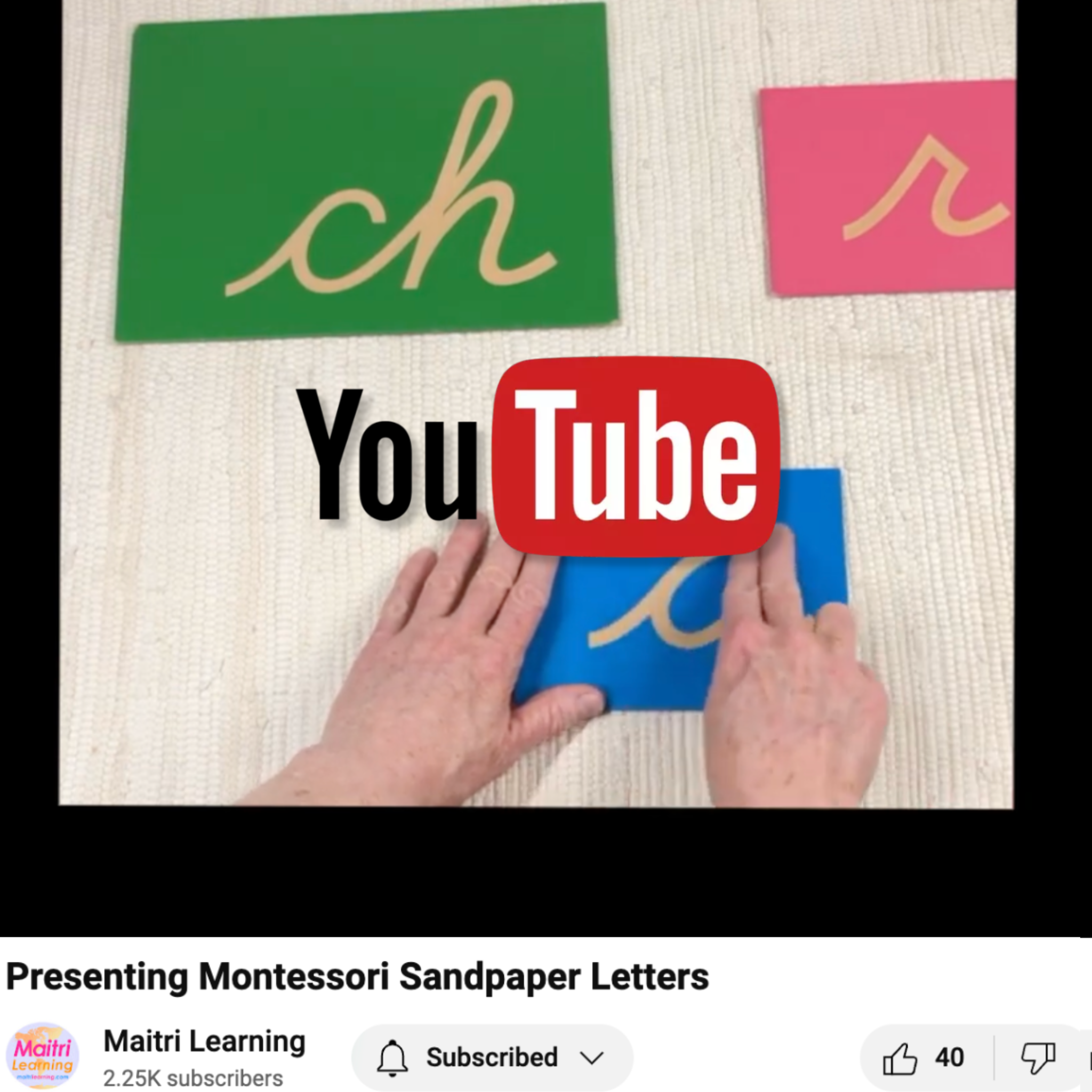The Perfect Apron

 When I visit classrooms, one of the common challenges the adult's face is finding or making the perfect apron. We want our aprons to be color-coded to match each of our ever-changing practical life activities. We want them to fit all of the children in our environment, from the petite 2.5 year-old to the towering 6 year-old, from the little heads to the rather large heads and/or hair styles. We want them to be washable and water-resistant. And we want them to have matching table/floor mats so that it is clear which items belong with which activity. In short, we want perfection!
When I visit classrooms, one of the common challenges the adult's face is finding or making the perfect apron. We want our aprons to be color-coded to match each of our ever-changing practical life activities. We want them to fit all of the children in our environment, from the petite 2.5 year-old to the towering 6 year-old, from the little heads to the rather large heads and/or hair styles. We want them to be washable and water-resistant. And we want them to have matching table/floor mats so that it is clear which items belong with which activity. In short, we want perfection!
But what about independence? Should the aprons be able to be used independently by everyone in the room or should they offer opportunities to practice different fastening techniques and/or solicit assistance from other children? What is the right level of fastener challenge? In short, how do we create an apron that is attractive, effective, a mode of activity (purposeful work in and of itself), and that the children can put-on properly (no arm elastics scrunched up on the shoulders or straps hanging off the sides)?
Insights from the AMI/USA Conference
 We brought these questions with us along with several apron prototypes to the AMI USA annual conference in Seattle. We didn't want to make 100 aprons and realize we had missed some key design feature so, we asked for feedback from everyone on the tiniest details. We received an overwhelming response! (You guys rock!)
We brought these questions with us along with several apron prototypes to the AMI USA annual conference in Seattle. We didn't want to make 100 aprons and realize we had missed some key design feature so, we asked for feedback from everyone on the tiniest details. We received an overwhelming response! (You guys rock!)
 As you might have guessed, Montessori guides are passionate about apron design. Some, including many AMI teacher trainers, want aprons that have ties. In fact, AMI Primary (ages 3 to 6) Trainer Lakshmi Shekhar (Montessori Training Center of St. Louis) told me a wonderful story about children who couldn't tie. To use their aprons, they sought help from other children who could tie. After some great social conversations, four children ended up in a line tying aprons for each other! I saw the same thing happen when I brought our prototypes to a classroom to test with the children (see photo). These kinds of inevitable social interactions are a wonderful reason to include tie aprons in your early childhood environment.
As you might have guessed, Montessori guides are passionate about apron design. Some, including many AMI teacher trainers, want aprons that have ties. In fact, AMI Primary (ages 3 to 6) Trainer Lakshmi Shekhar (Montessori Training Center of St. Louis) told me a wonderful story about children who couldn't tie. To use their aprons, they sought help from other children who could tie. After some great social conversations, four children ended up in a line tying aprons for each other! I saw the same thing happen when I brought our prototypes to a classroom to test with the children (see photo). These kinds of inevitable social interactions are a wonderful reason to include tie aprons in your early childhood environment.
Other teachers and trainers like to include aprons with a variety of fasteners in their environment. They want some aprons with ties and others with buttons, velcro, or even hooks and eyes. These different fasteners give children many opportunities to practice the fastening techniques they have been learning on the dressing frames.
The Results
 All of the wonderful feedback we received at the conference has guided us in finalizing our apron designs. Our aprons include the following key features:
All of the wonderful feedback we received at the conference has guided us in finalizing our apron designs. Our aprons include the following key features:
- Soft elastic at the neck to fit over heads and hairstyles of any size
- Beautiful fabrics that are washable, soft, and come in a variety of colors (for color-coding)
- Matching table/floor mats that use the same fabrics as our aprons (for perfect color-coordination)
- Tie aprons with ties long enough to tie in the back or the front
- Hook and loop (like velcro but stronger) aprons where the velcro is:
- Sewn close to the center front of the apron so that the child can see where they are attaching it
- Longer on the apron side to allow for an adjustable fit that gets around smaller and larger children
These aprons will be available beginning in March of 2020. You can pre-order at anytime but shipments won't begin until late March. In the future, we may add other fastener options but for now we are starting with ties and hook and loop (velcro).

Our special thanks to everyone who filled out a feedback form to enter our prototype raffle at the AMI Seattle conference. We had five winners including Alma (pictured)! If you have more input you'd like to offer, please send us an email or leave us a comment below. We always want ways to improve our materials so that the child (and the adults who serve them) have the best of our world before them.








Leave a comment
This site is protected by hCaptcha and the hCaptcha Privacy Policy and Terms of Service apply.